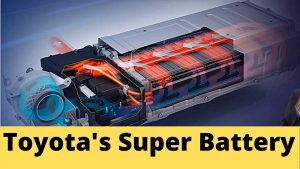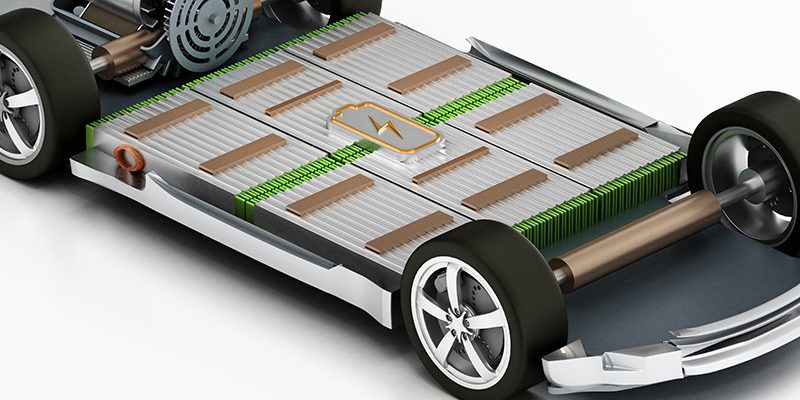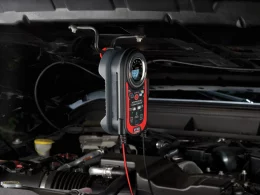Introduction
The electric vehicle (EV) industry is on the verge of a remarkable transformation, and at the forefront of this change is Toyota, a company known for its commitment to innovation. In recent years, Toyota has made significant strides in solid-state battery technology, a breakthrough that has the potential to reshape the landscape of electric mobility. In this article, we’ll explore Toyota’s groundbreaking advances in solid-state battery technology and their potential to revolutionize the electric vehicle industry. Get ready to embark on a journey of technological innovation and discover how Toyota is driving the future of sustainable transportation.
The Significance of Solid-State Batteries
Before we delve into the details, let’s understand why solid-state batteries a game-changer in the EV industry is.
Toyota’s Pioneering Breakthrough
Toyota’s foray into solid-state battery technology represents a paradigm shift in the world of electric vehicles. These next-generation batteries are poised to address several key challenges that have, until now, limited the growth and acceptance of electric cars.

1. Energy Density
Solid-state batteries offer significantly higher energy density compared to traditional lithium-ion batteries. This means they can store more energy in a smaller and lighter package, thereby extending the range of EVs.
2. Safety
One of the standout features of solid-state batteries is their enhanced safety. They are less prone to overheating and are far less likely to suffer from thermal runaway, a critical concern with conventional lithium-ion batteries.
3. Charging Speed
Solid-state batteries can be charged at a faster rate, potentially reducing the time needed to charge an electric vehicle. This convenience could accelerate the adoption of electric cars.
The Road Ahead
As Toyota continues to pioneer solid-state battery technology, there are several implications for the electric vehicle industry.
1. Extended Range
The higher energy density of solid-state batteries could lead to EVs with significantly extended ranges. This will make electric cars more practical for long-distance travel, thereby increasing their appeal to a broader range of consumers.
2. Safer Electric Vehicles
The improved safety profile of solid-state batteries could reduce concerns about EV safety, potentially increasing consumer trust and acceptance.
3. Faster Charging
Faster charging times could make EVs as convenient as traditional internal combustion engine vehicles. This could be a pivotal factor in the mass adoption of electric cars.
4. Reduced Environmental Impact
The transition to solid-state batteries could reduce the environmental impact of EV manufacturing and disposal, aligning with sustainability goals.

Conclusion
Toyota’s breakthrough in solid-state battery technology has the potential to revolutionize the electric vehicle industry, making electric cars more accessible, practical, and appealing to consumers. The benefits of these next-generation batteries, including extended range, enhanced safety, faster charging, and reduced environmental impact, are poised to drive the future of sustainable transportation.
As Toyota continues its journey of innovation, the road ahead for electric vehicles is brighter than ever. The solid-state battery breakthrough promises a future where electric mobility is not just a viable alternative but a superior choice for the masses, marking a significant step towards a more sustainable and eco-friendly future.












